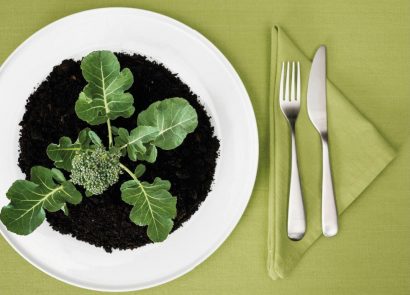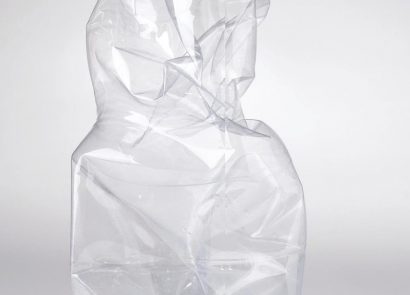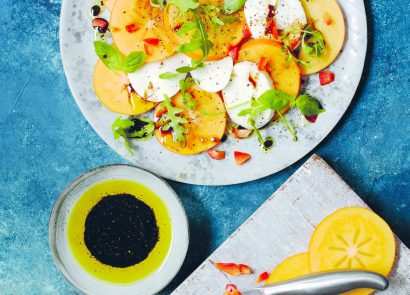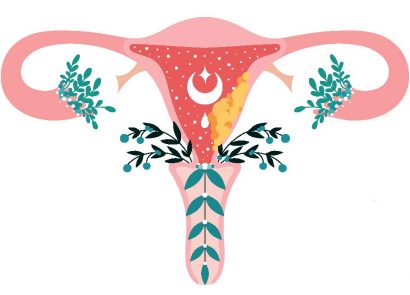-
Just keep sipping While water may not be a magic potion to make you lose weight, it is an effective tool to help stave off hunger and overeating. According to Keri Peterson, a physician at Lenox Hill Hospital in New York City, people often mistake thirst for hunger, and drinking water can address that initial craving and stop you reaching for food. The next time you crave a snack between meals, try a glass of water first. If you still feel hungry after 30 minutes, go ahead and dive into something nutritious.
-
Portion control Being conscious of your meal sizes is crucial to weightloss, but it doesn’t just mean using smaller plates. Controlling your portions properly also means making sure you include all the required macronutrients (protein, carbohydrates and good fats like olive oil and avocado). Precision Nutrition (precisionnutrition.com) produces a free easy-to-follow guide which explains how you can use your hands to determine how much of each macronutrient you should be consuming at each meal.
-
Eat your fats and carbs Despite what you may have heard, cutting out entire food groups doesn’t make for a healthy diet and won’t help you shift the lbs. Consistency is key – each time you eat, look at your plate and make sure you have protein and good fats. Also, time when you eat your carbs carefully – Dr John Berardi of Precision Nutrition says that your body is most capable of absorbing carbohydrates within 90 minutes of training, as you will be much more inclined to absorb the carbs than store them (most likely as fat).
-
Diet + exercise = success Relying on the scales as the sole measure of progress is not a sustainable proposition, as you are not addressing body fat loss. Exercise is essential to weightloss because when you diet only, you potentially sacrifice muscle mass. This works against you as the more lean muscle mass you have, the more effective your body will be at metabolising fat.
When you exercise you retain and build lean muscle mass that assists in the process of shifting body fat. -
Do you take omega 3? Omega 3, besides numerous other benefits, keeps your cells ‘fluid’. When cells are more fluid, they are more sensitive to insulin. This means that the cell wall is more likely to release fat for disposal than store it in the cellular tissue.
Therefore, if you are supplementing your diet with omega 3 (or making sure you are having two or three portions of oily fish per week) your body will be less inclined to store the fat you are trying to get rid of. -
Start lifting According to The Journal of Clinical Endocrinology and Metabolism, there is a positive correlation between skeletal muscle mass and insulin sensitivity. Insulin regulates blood sugar after you eat and insulin sensitivity means efficient storage of blood glucose as glycogen in muscle. Elevated insulin levels lead to obesity and Type II Diabetes if not corrected, so build lean muscle through strength training to process blood sugar more efficiently and avoid storing fat.
-
Push yourself In January, you’ll see packed treadmills with people plodding along, trying to lose weight by spending endless hours doing cardio at the same pace. According to a University of Western Ontario study, ten men and women trained on a treadmill, one group performing 30 second interval sprints (with recovery periods), while the other performed longer training sessions. The group performing the sprints lost more fat than the steady-paced group, so train hard and fast.
Show your inbox some love
Get a weekly digest of Health & Wellbeing emailed direct to you.




















